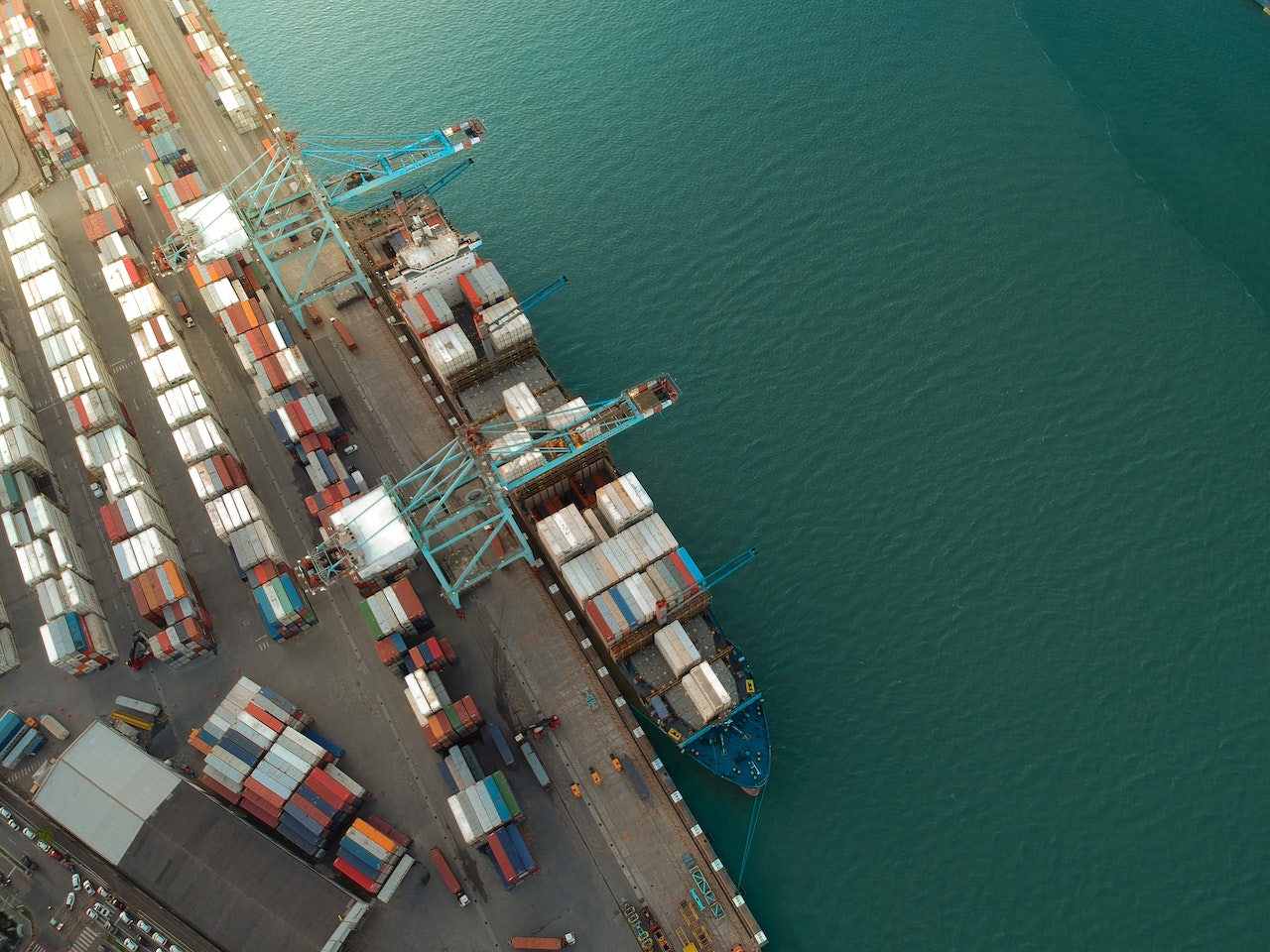For the last few weeks, Hard Deck Logistics has been reporting updates on the happenings of the ocean container spot market as well as how that has impacted the long-term service contract signings of the top Beneficial Cargo Owners (BCOs) and Non-Vessel Operating Common Carriers (NVOCCs) of the world. The majority of those contracts expire on April 30th (the traditional time frame for ocean contract expiration).
Hence, this week of 4/23- 4/29 marks the home stretch for most BCOs/shippers as the majority of contracts for container shipping in the world are set to expire. Ocean carriers have been flooded in recent weeks with rate negotiations, negotiations on various “wish list” terms, and other last-minute requests. Many shippers reportedly have been able to secure terms they have not seen in past years, such as more extended free time for detention, the inclusion of chassis cost coverage by the ocean carriers, and even extended demurrage free time in some cases at the ports/rails. This year seems to be a fight for the ocean carriers for market share and the aggressive offers that are being negotiated and handed out at the final hour is a telling story in itself.
Hard Deck Logistics is still observing that rates for large shippers in the Transpacific East Bound (TPEB) are around $1100-1200 West Coast per Forty Foot Equivalent Unit (FEU), $2100-$2200 per FEU to the East Coast /Gulf Coast all water, and $3100-$3200 for Interior Point Intermodal (IPI/Rail) rates. Some shippers, mid-market and larger, are reporting rates that are $500-$700 higher than that, especially if they did not push firm enough on the negotiations.
It is important to keep in mind, these rates are considerably lower than the rates that were locked in by shippers during the post-pandemic high-demand supply chain era last year during the 2022 contract negotiations.
Most shippers are having no problems signing down any shortfalls on minimum quantity commitments (MQC) to avoid dead freight on 2022 service contracts for containers that did not ship as expected. However, there are reports of a select few shippers (small shippers and reportedly some large retailers) that have been unusually hit with dead freight charges. This a sensitive point since market/economic conditions traditionally are a well-known acceptable reason for shippers to be allowed to sign down their contract commitments for filing with the Federal Maritime Commission (FMC) so that the shipper is not monetarily penalized for dead freight.
Shippers are being advised to lock in their service contracts quickly. Although no one knows how the shipping market will turn out in the last half of 2023 and into 2024, there is a chance of the traditional “peak season” demand and in most years past, many shippers are accustomed to getting hit with the “PSS” or peak season surcharge by ocean carriers. Some shippers have this PSS clause as “mutually agreeable” in their contract (enforced if only both parties agree to the charge if implemented), while some smaller shippers have no option but to take the PSS. While on the other hand, some of the largest shippers may get a waiver (not very common for anyone but large-volume shippers). This is separate and different from General Rate Increase, “GRI”, which again some shippers are able to get these terms as “not applicable”, while others are forced to take any GRIs that are implemented depending on ocean carrier policy.
Hard Deck Logistics and Commtrex will continue to follow the happenings of the ocean market after May 1 as news about more potential GRIs will surface. Additionally, Hard Deck Logistics will update our readers on shipping demand development as the traditional peak season approaches.
Sincerely, CEO Hard Deck Logistics
www.harddecklogistics.com
traffic@harddecklogistics.com
